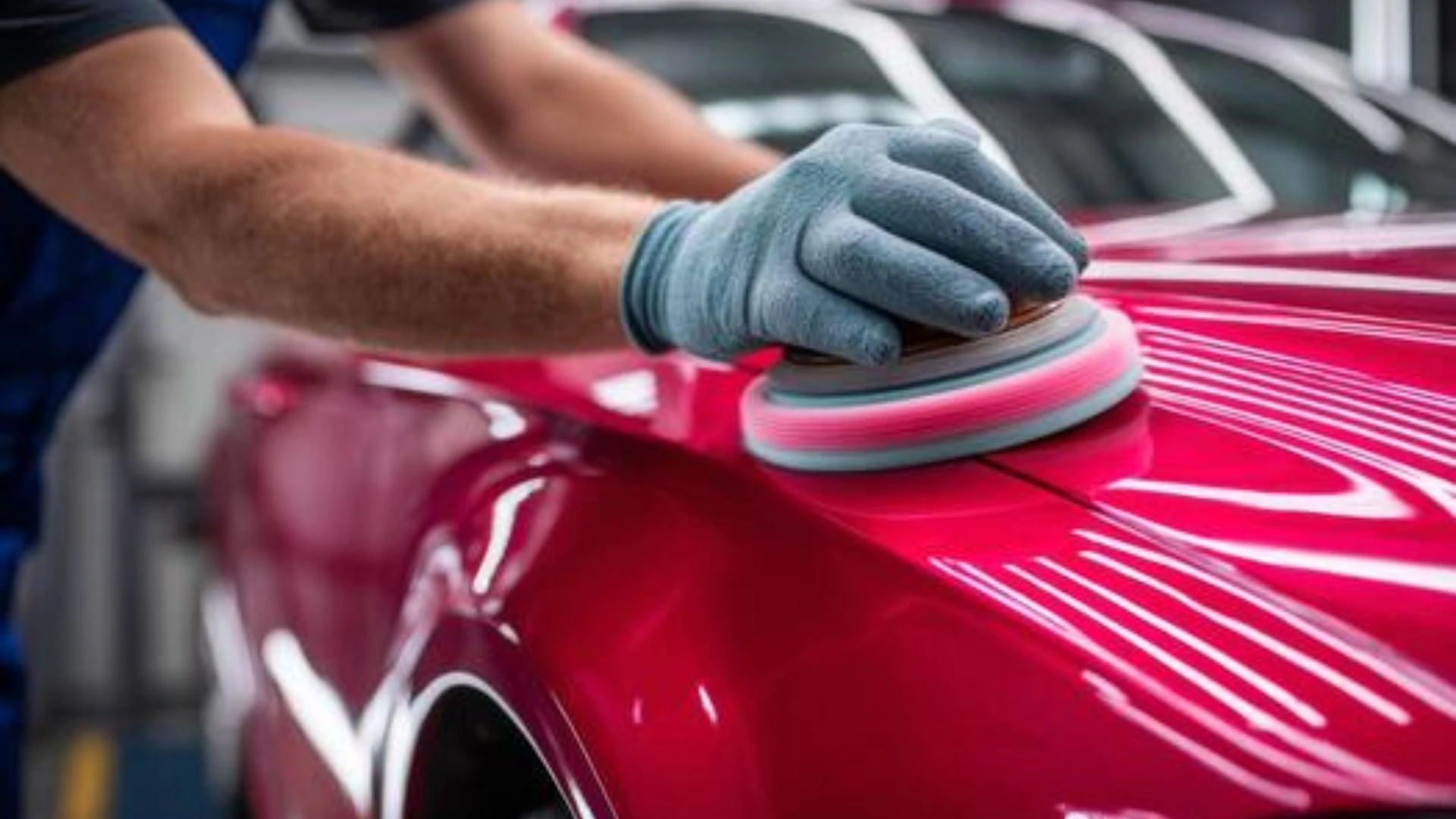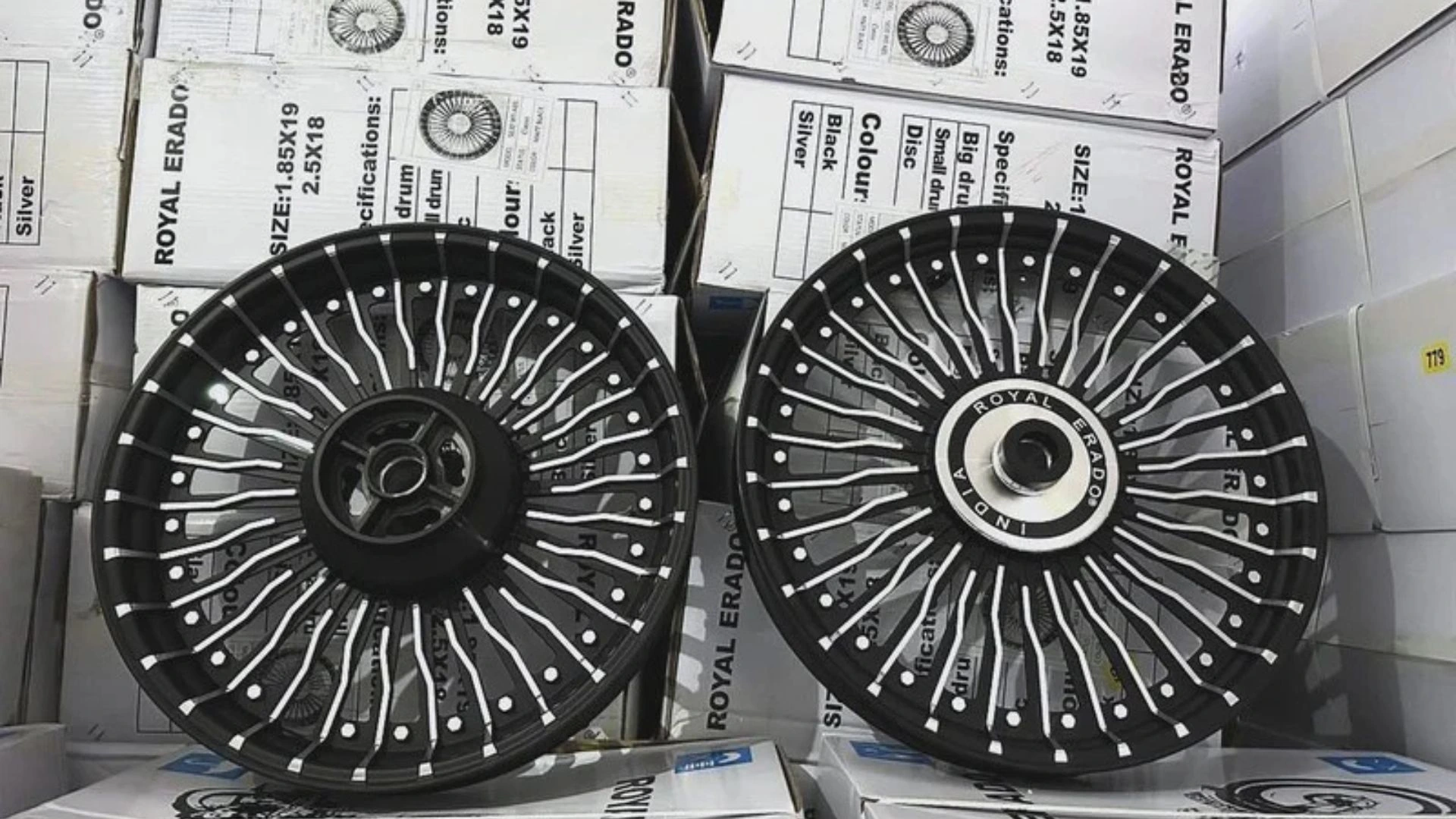
Table of Content
▼- What Are Alloy Wheels?
- Why Do Riders Prefer Alloy Wheels?
- Types of Alloy Wheel Manufacturing
- Key Benefits of Alloy Wheels for Bikes
- Alloy Wheels vs Spoke Wheels: Which Is Right for You?
- Design and Looks
- Weight and Handling
- Tyre Compatibility
- Durability and Flexibility
- Fuel Efficiency
- Maintenance and Repair
- Cost
- Choosing the Right Alloy Wheels for Your Bike
- Cost of Alloy Wheels
- Maintaining Your Alloy Wheels
- Final Thoughts
Want to sharpen up your bike's appearance? Want improved performance? Lance on some alloy wheels might be all you need. It is one of the simplest ways to obtain a sportier appearance, with better handling and possibly some fuel economy.
Before you pull your old spoke wheels or, for example, upgrade your stock alloy rims, you need to know what you're paying for to avoid potentially costly mistakes and to make the best choice for your money.
In this guide, you will discover what alloy wheels for your bike, how they differ from spoke wheels, and why they are a worthwhile improvement for your bike.
What Are Alloy Wheels?
Alloy wheels for your bike are made using a mix of lightweight metals like aluminium and magnesium. They’re designed to work with tubeless tyres, making them a modern upgrade that can enhance your bike’s safety, handling, and fuel efficiency.
During manufacturing, hot alloy is poured into wheel moulds and left to cool. Once ready, the wheel is removed, polished, and finished. While they do cost more than traditional spoke wheels and may need careful maintenance, their advantages often justify the investment.
Why Do Riders Prefer Alloy Wheels?
You’ll find most new bikes rolling off the showroom with alloy wheels, and there’s a reason for it:
- Better Looks: Available in different colours, finishes, and designs to match your bike’s style.
- Improved Handling: Lighter than spoke wheels, allowing for quicker acceleration and easier cornering.
- Safety Boost: Tubeless compatibility means safer rides with fewer chances of sudden deflation.
- Easy to Maintain: Cleaning is hassle-free compared to cleaning between spokes.
Before you buy, it’s good to understand how these wheels are made.
Types of Alloy Wheel Manufacturing
There are three main methods used to make alloy wheels for your bike:
- Casting: a simple and affordable way to make a wheel, involves gravity or low pressure.
- Forging: a more premium option, which involves heating break then manipulating it into a wheel shape, makes a lighter and stronger wheel.
- Flow Forming: a more advanced process, combines methods in casting and rolling to make wheels that are more lightweight, quicker, and stronger.
If you ride hard and/or take the bike to a race track, alloy wheels that are forged or flow formed may be a good investment.
Key Benefits of Alloy Wheels for Bikes
Here’s why many riders consider alloy wheels a smart upgrade:
- Corrosion Resistance: They don’t rust easily and keep their shine for longer.
- Lighter Weight: This means better acceleration, handling, and improved fuel efficiency.
- Better Braking Performance: Alloy wheels help dissipate heat around the brakes during hard braking.
- Reduced Suspension Wear: Lighter wheels put less stress on the bike’s suspension system.
- Tubeless Ready: Makes puncture repairs quicker and safer.
Also Read: Bike and Car Tyre Markings Explained: Some Useful Information
Alloy Wheels vs Spoke Wheels: Which Is Right for You?
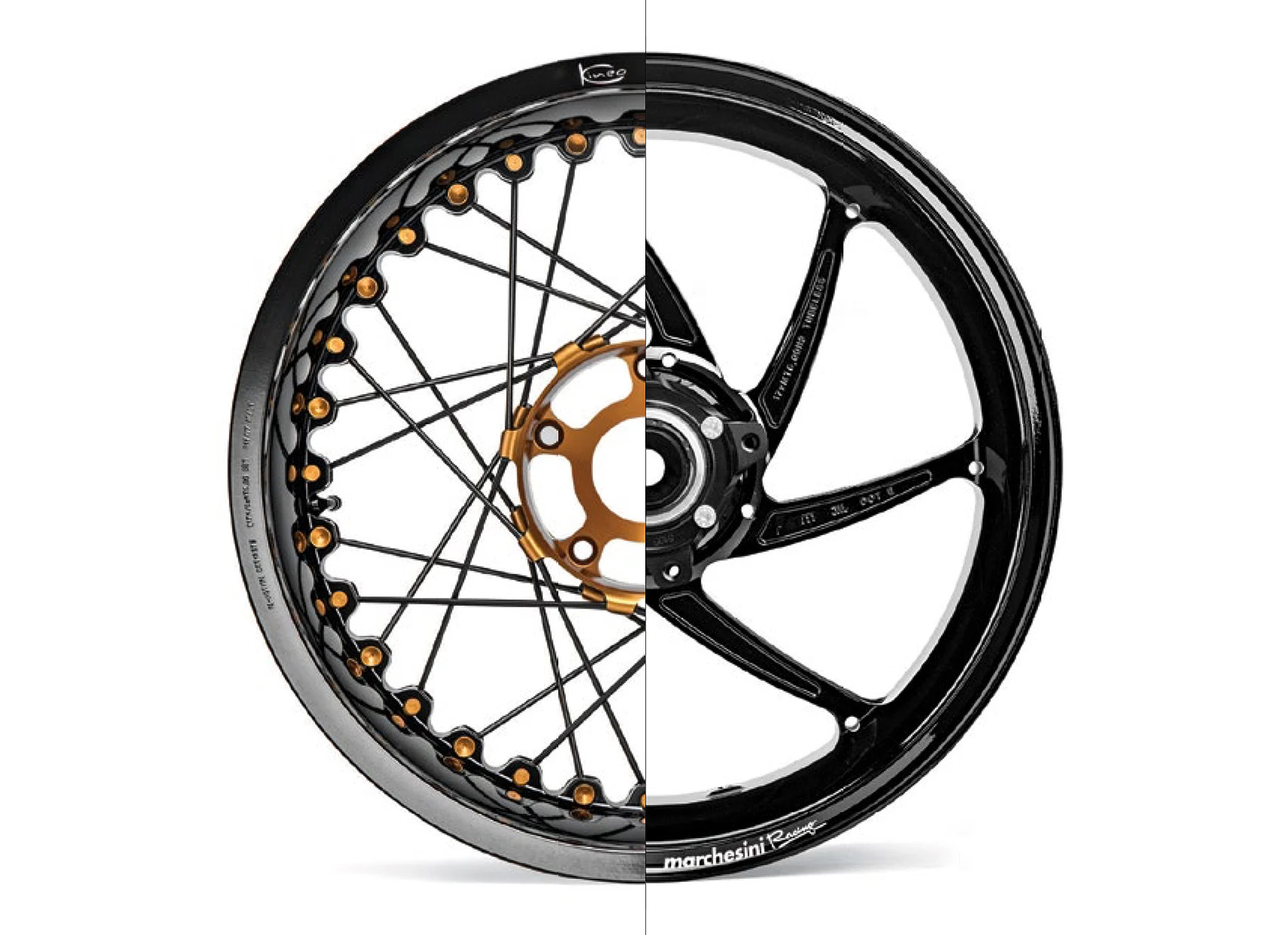
Choosing between alloy and spoke wheels depends on your riding style and the roads you ride on. Here’s a simple comparison:
Design and Looks
- Spoke Wheels: Classic, rugged appearance, usually in black or chrome, ideal for off-road and touring bikes.
- Alloy Wheels: Modern, sporty, available in various colours and designs, instantly upgrading your bike’s visual appeal.
Weight and Handling
- Spoke Wheels: Heavier, which may affect fuel efficiency but adds stability on rough terrain.
- Alloy Wheels: Lighter, offering better acceleration, smoother handling, and easier cornering in cities and highways.
Tyre Compatibility
- Spoke Wheels: Use tube-type tyres, which can be tough to fix during punctures.
- Alloy Wheels: Work with tubeless tyres, allowing safer, easier puncture repairs.
Durability and Flexibility
- Spoke Wheels: Flexible, absorbing shocks on rough roads, less likely to crack, and easier to repair.
- Alloy Wheels: Rigid and may crack under heavy impact, but ideal for well-maintained roads.
Fuel Efficiency
- Spoke Wheels: Slightly lower fuel efficiency due to added weight.
- Alloy Wheels: Better mileage thanks to reduced rolling resistance.
Maintenance and Repair
- Spoke Wheels: Easy and cheap to repair; damaged spokes can be replaced individually.
- Alloy Wheels: Low daily maintenance but expensive to repair or replace if cracked.
Cost
- Spoke Wheels: Budget-friendly, making them ideal for cost-conscious riders.
- Alloy Wheels: Cost more upfront but deliver style, performance, and tubeless benefits.
Choosing the Right Alloy Wheels for Your Bike
Here’s what you should check before buying:
- Compatibility: Ensure the wheels match your bike’s size and axle type.
- Weight vs Strength: Lighter wheels offer agility but may be less impact-resistant.
- Brake Setup: Confirm the wheels suit your bike’s disc or drum brakes.
- Tubeless Compatibility: For ease of maintenance and added safety.
- Brand and Warranty: Stick to reliable brands with good after-sales support.
Cost of Alloy Wheels
The price of alloy wheels for your bike depends on the brand, size, and type:
- Budget Alloy Wheels: ₹3,000–₹5,000 per wheel.
- Mid-Range Options: ₹5,000–₹10,000 with advanced designs.
- Premium Wheels: ₹12,000–₹20,000+ for forged or flow-formed wheels.
Though alloy wheels cost more initially, they can pay off in terms of better fuel economy, easier maintenance, and a more enjoyable ride.
Maintaining Your Alloy Wheels
To keep your alloy wheels in top shape:
- Wash them regularly with mild soap and water.
- Check for cracks or bends, especially after hitting potholes.
- Avoid harsh chemicals that can damage the finish.
- Balance your wheels when changing tyres for smoother rides.
Final Thoughts
Upgrading to alloy wheels for your bike isn't just about looks. It's about improving performance, improving safety, and making your daily rides more enjoyable. Whether you're a commuter rounding to and from work every day, a long-range highway rider, looking to custom fit your bike, or anything in between, upgrading to alloys is one of the most satisfying upgrades that can be made for your bike.
Are you ready to upgrade your bikes wheels? Have a look at our expert-approved alloy wheels for your bike, or visit our bike parts compatibility tool to find the right fit for your bike.
Also Read: The True Cost of Owning a Bike in India: Insurance, Maintenance & More
Deepika Chauhan
Auto Care Specialist & Vehicle Maintenance Advisor Deepika Chauhan is a car care expert with 8+ years of experience in authorized service centers and independent garages. Her articles focus on DIY maintenance, service schedules, and tips that help car owners keep their vehicles in top condition.

_1675752080.webp)
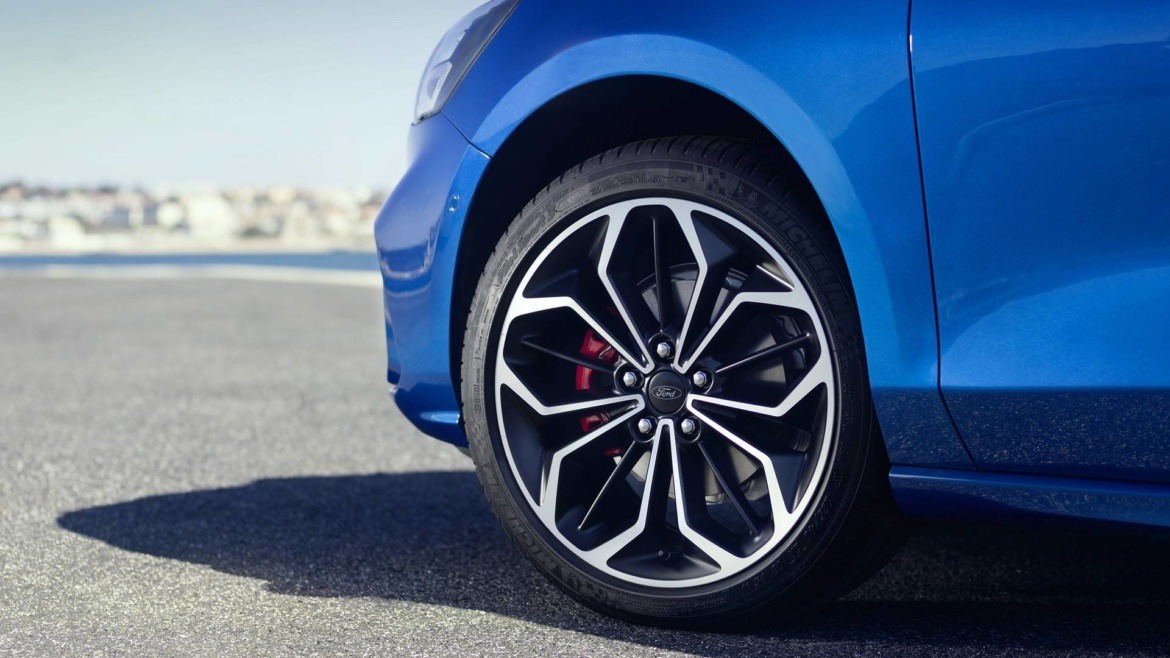
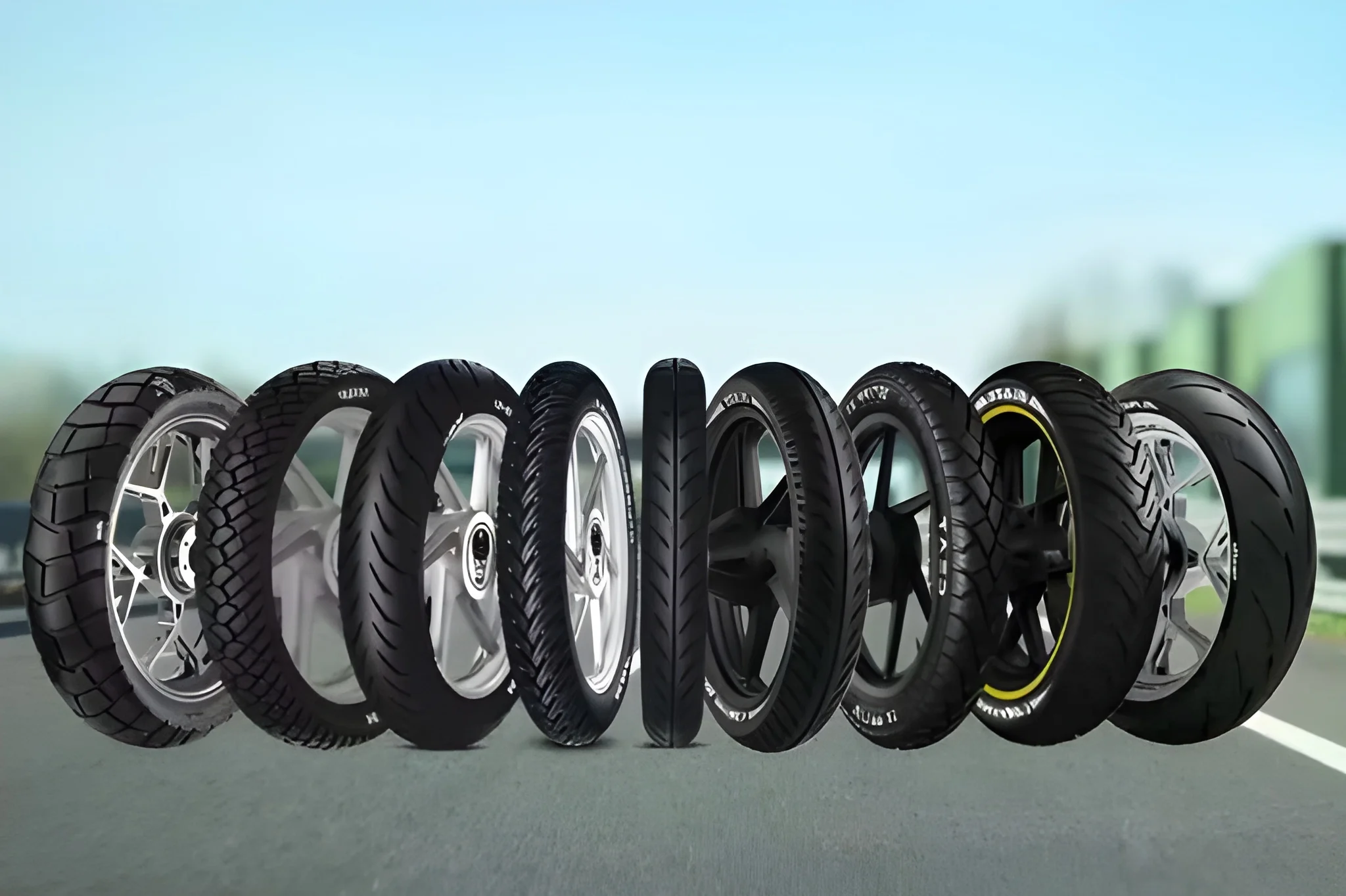
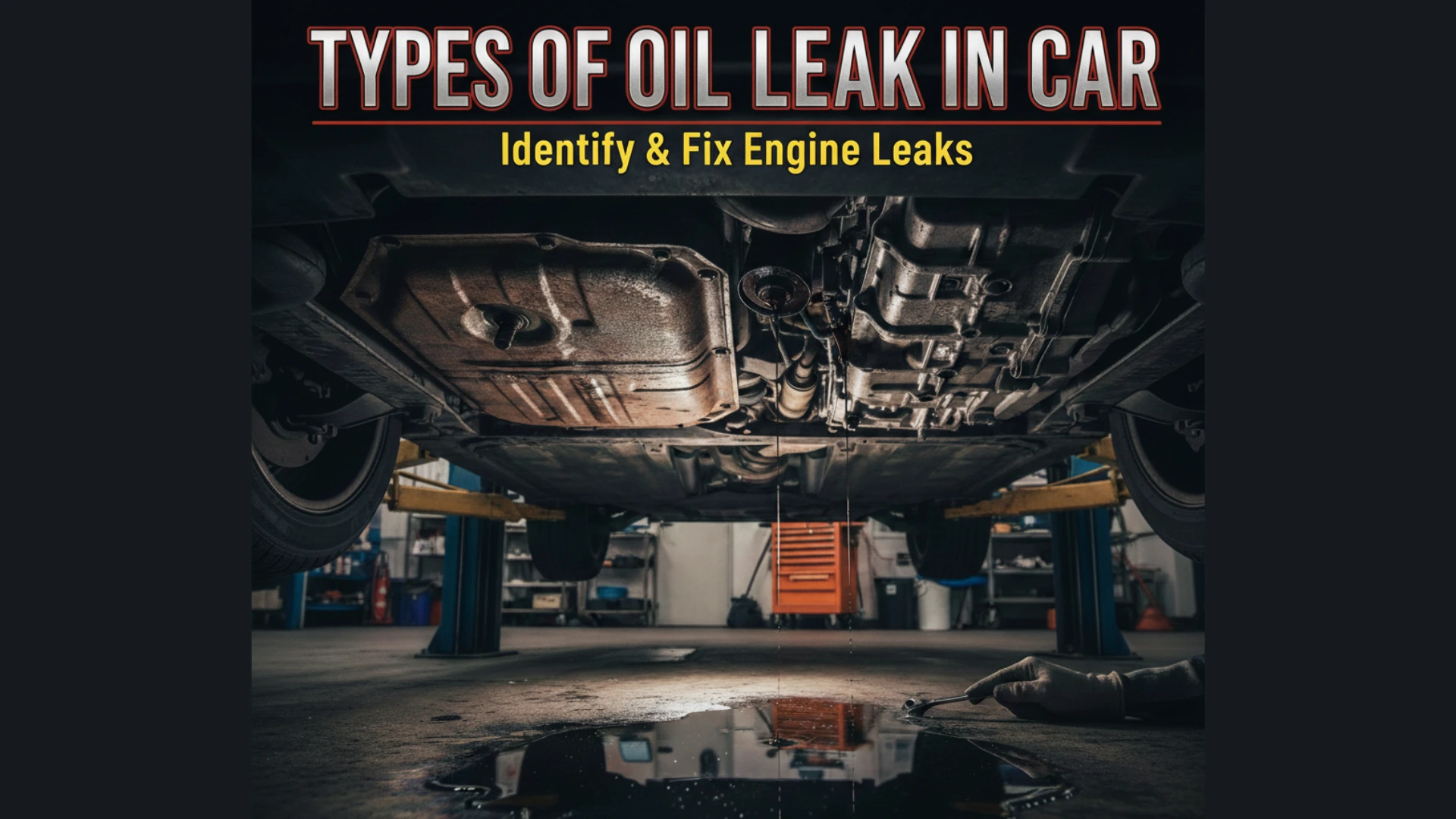
_1770807147.webp)
